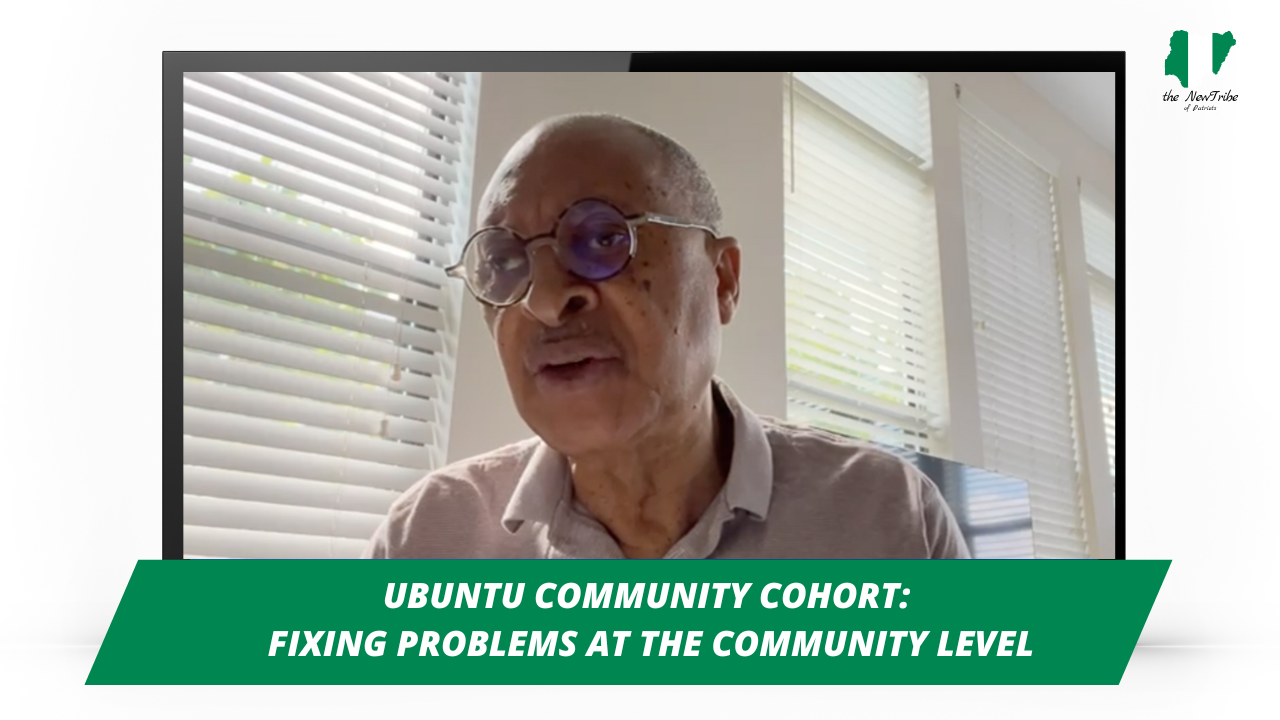Ubuntu Community Cohort: Fixing Problems at the Community Level | Prof. Pat Utomi
In a world often overshadowed by individualism and self-interest, the concept of Ubuntu shines as a beacon of hope for collective action and community empowerment. This spirit of togetherness and shared responsibility is precisely what Prof. Pat Utomi emphasizes in the enlightening video, “Ubuntu Community Cohort: Fixing Problems at the Community Level.”
Understanding Ubuntu:
Ubuntu, originating from Southern Africa, embodies the belief in a universal bond of sharing that connects all humanity. It’s a philosophy that underscores the interconnectedness of individuals and the importance of living for others. Prof. Pat Utomi eloquently expresses this sentiment by stating, “It is better to live for others.”
Challenges Facing Nigeria
Nigeria, a nation rich in culture and potential, grapples with systemic issues stemming from selfishness and narrow self-interest. Prof. Utomi sheds light on the detrimental effects of this mindset, from widespread poverty to escalating violence, painting a sobering picture of a country in dire need of change.
The Ubuntu Community Cohort:
Enter the Ubuntu Community Cohort, a transformative initiative aimed at addressing community needs and fostering sustainable solutions. Prof. Utomi outlines the core mission of this cohort: to mobilize stakeholders across diverse sectors and empower communities to tackle their most pressing challenges head-on.
A Call to Action:
One of the key takeaways from Prof. Utomi’s impassioned plea is the power of individual action in effecting collective change. By joining the Ubuntu Community Cohort, individuals have the opportunity to make a tangible difference in the lives of fellow Nigerians.
Concrete Solutions for a Brighter Future:
Prof. Utomi highlights practical examples of interventions, such as improving market infrastructure with clean toilets, as catalysts for community development and enhanced well-being. It’s a reminder that even seemingly small changes can yield significant and far-reaching impacts.
Conclusion:
As the video draws to a close, Prof. Utomi leaves viewers with a powerful message of hope and empowerment. He reminds us that each individual has the potential to contribute to the rebirth of Nigeria, urging us to sign up, be part of the Ubuntu Community Cohort, and make a meaningful difference.
In essence, the Ubuntu Community Cohort represents more than just a program—it embodies a vision of unity, empathy, and collective progress. It’s a call to action for all Nigerians to come together, transcend self-interest, and build a brighter, more inclusive future for generations to come.






